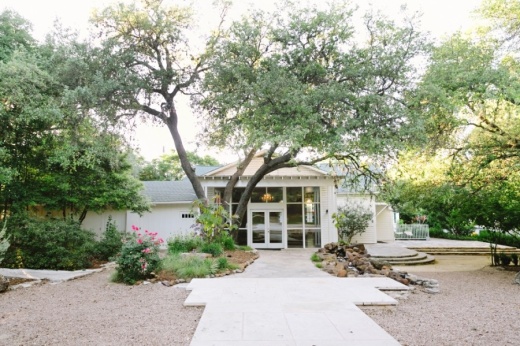Despite a petition from the neighborhood against the zoning change, City Council approved the request with a supermajority nine votes. Council Members Ann Kitchen and Leslie Pool were the lone dissenting votes. Pool said she wanted to support the neighbors and felt the developer, Houston-based Slate Real Estate Partners, and the objecting neighbors had more work to do to reach a consensus.
District 3 Council Member Pio Renteria, whose district hosts the project, said the city and the area desperately needed more housing, especially affordable housing. Renteria said the developer was offering 10% of the units for tenants making 60% of the median family income. No site plans have been submitted, so there is no estimate on how many units the five-story project would yield.
In supporting the project, Renteria said he did not think the project would get the necessary nine votes. Under the current City Council makeup, zoning change requests that propose dense development in proximity to single-family homes—especially cases that carry an objecting petition from neighbors—have typically earned a 7-4 vote, with Pool, Kitchen, and Council Members Alison Alter and Kathie Tovo voting against. This time, Alter and Tovo supported the project.
District 1 City Council Member Natasha Harper-Madison said the project, which proposed dense housing along the South First Street transit corridor, made “perfect sense” to her.
City Council heard testimony from several neighbors who opposed the project and its alleged incompatibility with the neighborhood. District 6 City Council Member Jimmy Flannigan said he hoped the community was paying attention to the issue.
“We have a very different conversation when we’re talking about building more housing in East Austin,” Flannigan said. “Here we have a zoning case to build more housing in West Austin. This is the time to say, 'Yeah, we’re not just going to put housing in East Austin. We’re really going to do it in an equitable way.' This is part of the very difficult challenge of building new housing in a city.”
Marshal Davis, the president of the surrounding Galindo Elementary Neighborhood Association, said the proposed project had “topographical” issues. The property up for a rezoning was the 0.84-acre parking lot just south of Mercury Hall along South First Street. The developer sought to have the parking lot rezoned to match the Mercury Hall event property, which allows taller buildings. The parking lot had a restriction that any construction could not eclipse 40 feet. Davis said the restriction exists because the property sits on a hill that is already elevated above the surrounding properties. Any construction on the property would appear doubly tall.
City Council’s approval cleared the way for the project, which includes a nearly 1.5-acre pocket park just north of the property, across Cardinal Lane.
Editor's note: A previous version of this story gave an incorrect date of Mercury Hall's official closing.





